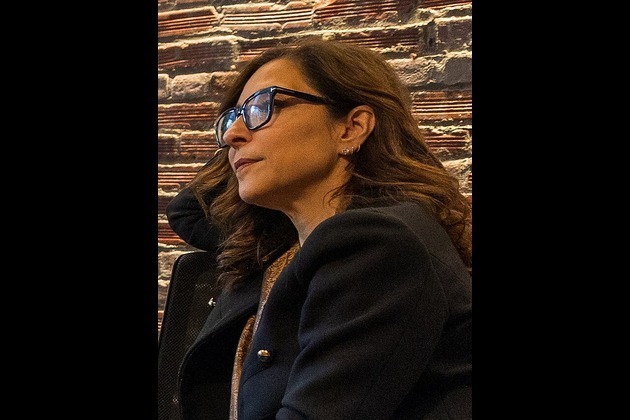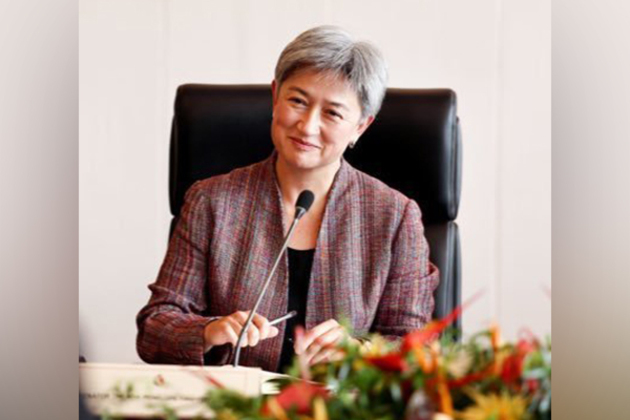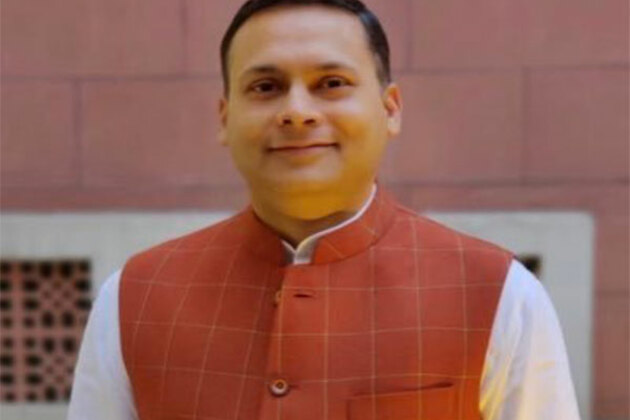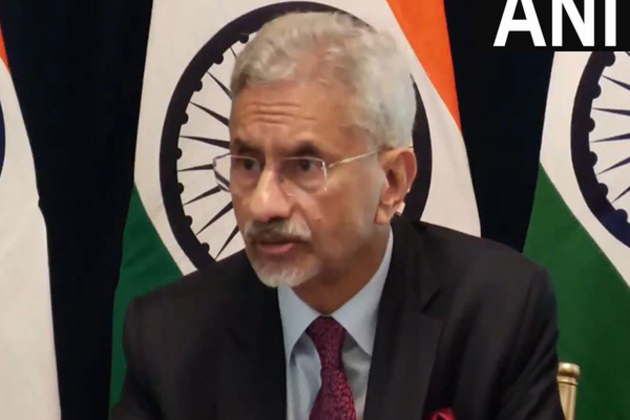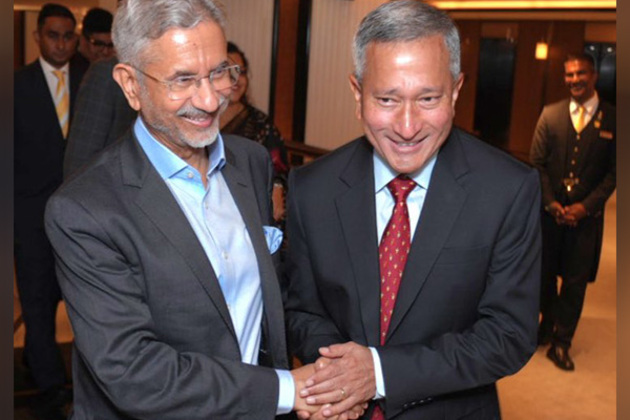Indonesia plans to rewrite its national history: A return to an incomplete narrative?
The Conversation
13 Jul 2025, 07:10 GMT+10
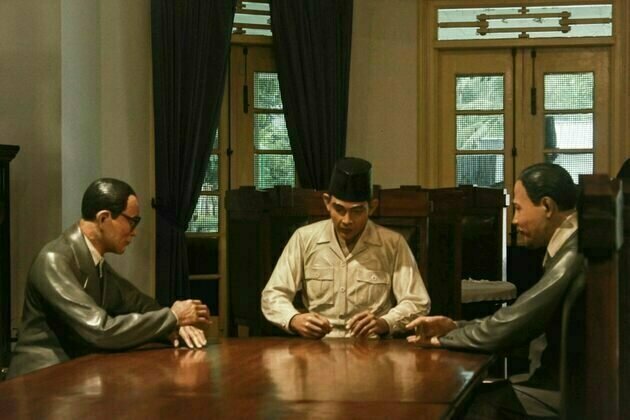
Indonesia's plan to rewrite its official national history was initially met with positive responses, particularly for its goal of better serving the younger generation. But the project to reshape the country's mainstream historical narrative soon ignited widespread controversy for overlooking underrepresented groups and reinforcing authoritarian tendencies.
By incorporating the latest data and expanding the coverage of historical events and figures, the initiative - launched by the Indonesian Historian Association (MSI) and backed by the Culture Ministry on May 2025 - raised hopes for a more inclusive, accurate, and relevant national history.
However, backlash soon followed, with criticism intensifying after Culture Minister Fadli Zon's controversial statement) dismissing the 1998 mass rapes as mere rumours.
Various groups argue that the rewriting of national history is a calculated move to bolster an increasingly authoritarian government, as it relies solely on scholars and historians with ties to those in power.
A nation's relationship with its history is deeply tied to how contemporary narratives are constructed or shaped. For national historiography to carry legitimacy, it must meaningfully include the voices of diverse groups, classes, communities, and entities.
However, the project's terms of reference fail to give due attention to space for women's roles in the Indonesian independence movement].
Its treatment of historical narratives from regions beyond Java also remains insufficient - let alone its neglect of non-political and non-economic themes, such as the arts or sports.
In response to the controversy, few formal statements have been made from either MSI or the historians involved in the project, apart from the minister and the project's principal editor.
One notable exception came from a historian via his social media page, where he reflected on the dilemma of being both an intellectual and a public servant involved in the project.
He argued that speaking from within, rather than criticising from the outside, demands greater courage and careful calculation - a stance he fears is likely to be overlooked.
As a history-and-culture researcher, his remarks reinforce the perception that many of the historians involved in the revision project are civil servants at state universities or individuals closely aligned with those in power.
History itself tells us that the writing of national history is deeply intertwined with the interests of ruling authorities and their affiliated groups.
From its inception, the genre of national history that emerged in 19th-century Europe and the United States was closely tied to efforts to legitimise territorial expansion and colonial rule.
In the context of Indonesia's current national history revision project, it is worth revisiting comparisons between how national histories were written under Ferdinand Marcos in the Philippines and Suharto in Indonesia.
Historians in both countries should be recognised as active agents with their own interests and authority - not as passive participants or easily influenced figures.
During Suharto's regime, one historian even withdrew from the state-led national history writing project due to disagreements, particularly over methodological approaches.
The project's director marginalised historian Sartono Kartodirdjo - who championed a multidimensional approach - in favour of a more linear, state-centric narrative. Sartono's more holistic perspective made space for a broader range of historical actors, including farmers and other often-overlooked communities.
A similar precedent can be traced back to the early years of Indonesian independence, when the government initiated efforts to document the country's national history in the 1950s. At the time, the National History Writing Committee - comprising prominent scholars - organised Indonesia's first National History Seminar.
Yet the initiative failed to produce an official national history, partly due to the same kind of unresolved methodological debates that resurfaced during Suharto's rule.
Marcus Tullius Cicero, the Roman philosopher-turned-statesman, once said, historia magistra vitae est - history is the teacher of life.
Given the failures and controversies surrounding Indonesia's earlier attempt to produce an official national history, the current revision project demands critical re-evaluation - and, if necessary, a complete halt.
Merely involving more historians to boost representation is not an adequate solution either.
The core issue lies not in revising history, but in advancing Indonesian historiography. Rather than pushing ahead with an extensive national history rewrite, the government should prioritise fostering diverse local history initiatives - through programmes such as the Cultural Endowment Fund or the Indonesiana Fund.
This approach would enable a more comprehensive and representative account of Indonesian history - one that integrates local perspectives while remaining connected to national and global narratives.
This article was originally published in Indonesian
 Share
Share
 Tweet
Tweet
 Share
Share
 Flip
Flip
 Email
Email
Watch latest videos
Subscribe and Follow
Get a daily dose of Nepal National news through our daily email, its complimentary and keeps you fully up to date with world and business news as well.
News RELEASES
Publish news of your business, community or sports group, personnel appointments, major event and more by submitting a news release to Nepal National.
More InformationBusiness
SectionFilmmaker joins biotech effort to bring back extinct giant bird
WASHINGTON, D.C.: Filmmaker Peter Jackson's lifelong fascination with the extinct giant New Zealand flightless bird called the moa...
India seeks WTO nod for retaliatory tariffs on US
NEW DELHI, India: India has submitted a revised proposal to the World Trade Organization (WTO) in Geneva to implement retaliatory tariffs...
AI boom propels Nvidia to historic market cap milestone
SAN FRANCISCO, California: Nvidia, the Silicon Valley chipmaker at the heart of the artificial intelligence boom, this week briefly...
AI saves $500 million for Microsoft as layoffs reshape strategy
REDMOND, Washington: Artificial intelligence is transforming Microsoft's bottom line. The company saved over US$500 million last year...
FTC’s rule to ease subscription cancellations struck down by court
WASHINGTON, D.C.: A federal rule designed to make it easier for Americans to cancel subscriptions has been blocked by a U.S. appeals...
Musk’s X loses CEO Linda Yaccarino amid AI backlash, ad woes
BASTROP, Texas: In a surprising turn at Elon Musk's X platform, CEO Linda Yaccarino announced she is stepping down, just months after...
Southeast Asia
SectionSri Lankan Navy arrests 7 Indian fishermen for allegedly crossing maritime border
Rameswaram (Tamil Nadu) [India], July 13 (ANI): Seven Indian fishermen were arrested by the Sri Lankan Navy on Sunday morning for allegedly...
Australian's Foreign Minister Penny Wong announces 34 recipients of Maitri Grants
Canberra [Australia], July 13 (ANI): Australia's Minister of Foreign Affairs Penny Wong has announced 34 recipients of this year's...
"Why has Mamata not submitted Bangladeshi voters list?": BJP's Amit Malviya targets W Bengal CM over infiltration issue
New Delhi [India], July 13 (ANI): Bharatiya Janata Party (BJP) leader Amit Malviya on Sunday targeted West Bengal Chief Minister Mamata...
Jaishankar set to begin first China visit in five years
By Vishu Adhana Beijing [China], July 13 (ANI) External Affairs Minister S Jaishankar will arrive in Beijing on Sunday evening,...
People from Nepal, Bangladesh and Myanmar found with Aadhaar, domicile, ration cards during SIR in poll-bound Bihar: Sources
Patna (Bihar) [India], July 13 (ANI): A large number of individuals from Nepal, Bangladesh and Myanmar have been found by Booth Level...
Jaishankar meets Singapore's counterpart Vivian Bala, says "Singapore is at heart of India's Act East Policy"
Singapore City [Singapore], July 13 (ANI): External Affairs Minister S Jaishankar held a meeting with his Singapore counterpart Vivian...






